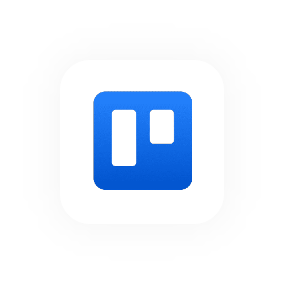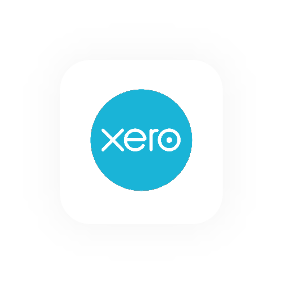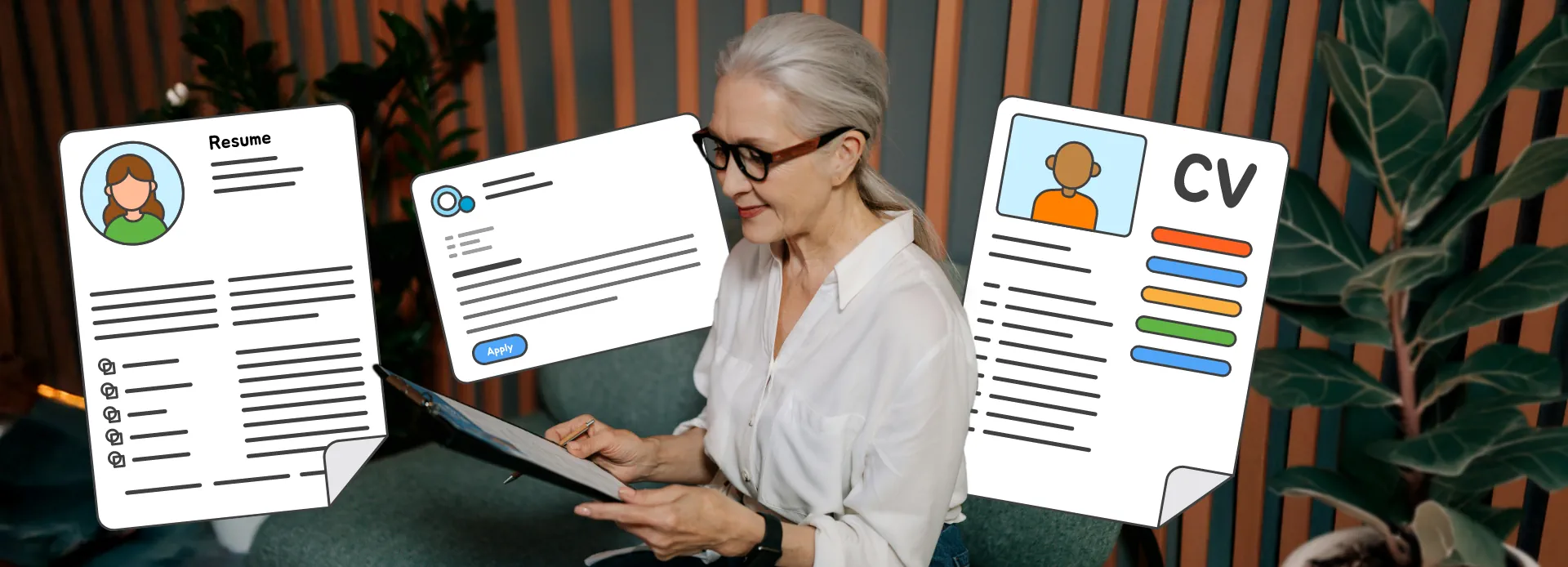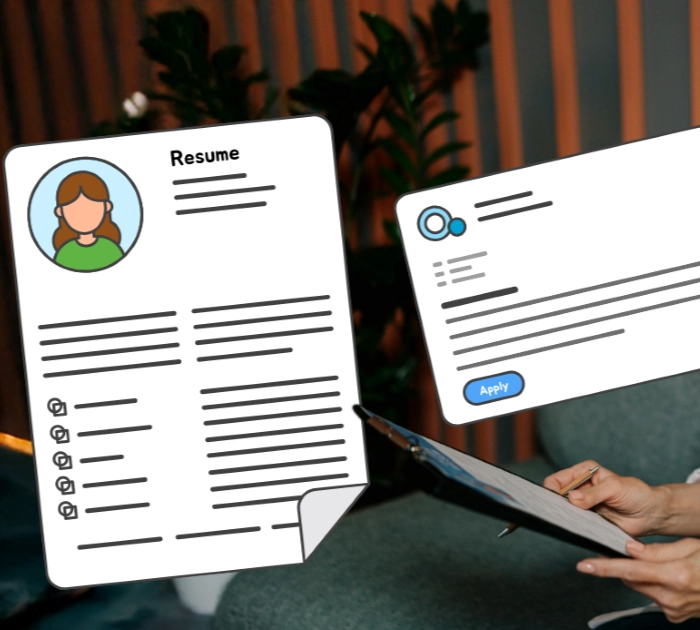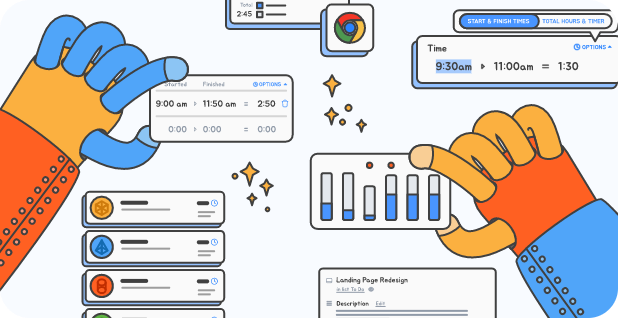Peer Interview Questions
20+ Great Questions to Ask in a Peer Interview
In today’s collaborative workplaces, peer interviews have become a vital part of the hiring process. These interviews allow potential candidates to meet future peers, providing everyone with a chance to assess fit, communication, and team dynamics. But whether you're on the interview panel or a candidate preparing for a peer interview, the questions you ask — and answer — can reveal far more than skills alone.

In this guide, we’ll explore over 20 insightful peer interview questions, explain their purpose, and offer context for what peer interviewers are looking for. Whether you’re an interviewee or helping your company refine its peer interview process, you’ll walk away with practical advice and a deeper understanding of how to prepare for a peer and evaluate the entire team environment.
What is a peer interview?
A peer interview is a stage in the interview process where a job candidate meets with one or more of the team members they’ll potentially work alongside. Unlike a regular interview with hiring managers or HR, this type of interview is focused on practical collaboration, communication, and the candidate’s ability to integrate into the existing team.
Peer interviews are usually held after initial screenings but before the final decision. They offer hiring teams valuable insights into whether the person is not just capable, but also someone they’d want to collaborate with day-to-day.
Why are peer interview questions so important?
The questions asked in peer interviews provide a clearer window into interpersonal skills, problem solving abilities, and cultural alignment. Peer interviewers aren’t typically evaluating technical expertise alone. Instead, they’re assessing:
- Communication style and soft skills
- Compatibility with the team's culture
- Experience with teamwork, feedback, and collaboration
- Adaptability in a dynamic team setting
- Emotional intelligence and critical thinking
Understanding how a potential coworker operates within a team is often as important as knowing their resume. That’s why asking the right interview questions is crucial — both for interviewers and candidates.
Great peer interview questions to ask (and why they matter)
Here are 20+ peer interview questions you can ask or prepare for — each with a brief explanation of why it matters:
1. What does a typical day in your team look like?
This sets the stage for understanding the team dynamic and workflow. It’s helpful for candidates to gauge what’s expected and how structured (or flexible) the team’s approach is.
2. How does your team handle conflicting problems?
Conflict resolution is a revealing topic. Strong answers indicate emotional intelligence and a healthy approach to disagreement — especially when team members disagree on a project or priority.
3. Can you describe a recent team project and your role in it?
This shows how potential peers collaborate and what roles they typically take on. It also offers a window into the communication skills and teamwork skills used during collaborative efforts.
4. What do you enjoy most about working on this team?
This question helps uncover the strengths of the company culture and provides a natural entry into discussing values and dynamics.
5. What challenged has the team faced recently, and how were they addressed?
This can reveal how transparent the team is about struggles and how effectively they solve problems together. It also provides insight into the team’s resilience.
6. How would you describe the team's communication style?
Every team communicates differently. This question helps gauge how potential coworkers interact day to day — whether through Slack, meetings, stand-ups, or informal catchups.
7. How are new ideas or improvements typically introduced?
A useful way to evaluate whether there’s space for creative thinking and feedback — and whether the team values everyone’s input, including from a new hire.
8. How do you define success on this team?
The answer to this question often reveals the team’s expectations and how performance is measured. It’s also an opportunity to assess alignment with the job description.
9. How are responsibilities shared in the team?
Understanding roles and task division helps candidates know whether collaboration is encouraged or whether silos exist in the work environment.
10. What was one of your favorite team accomplishments?
This invites peer interviewers to highlight something they’re proud of — often giving clues about the company values and what kind of work gets celebrated.
11. How do you usually onboard and train new team members?
This is especially useful for candidates preparing for a peer interview who want to know what kind of support they’ll receive after joining.
12. How do team members support each other when someone's overwhelmed?
This taps into whether the team is truly collaborative and empathetic — and helps assess how interpersonal skills and active listening play a role in daily operations.
13. What does professional growth look like here?
By asking about professional growth, candidates can learn whether there are mentorship opportunities, new responsibilities, or a culture of learning embedded in the company.
14. How often do you interact with other departments?
This question shows whether cross-functional collaboration is common — and whether the candidate will need to communicate beyond the immediate team.
15. How do you handle feedback as a team?
Peer interviews are an ideal setting to ask about constructive feedback. Great teams offer it regularly — and know how to receive it professionally.
16. How do you prepare for deadlines as a group?
A helpful question that evaluates planning, time management, and how the team balances urgency with quality.
17. What would make someone successful in this role, according to the team?
A direct way to clarify the team’s expectations and hear firsthand what’s valued from potential peers.
18. How does the team help celebrate milestones or achievements?
Culture isn't just about the work — it's also about how people connect, celebrate, and maintain morale. This helps uncover subtle aspects of workplace culture and employee engagement.
19. What tools or systems do you use daily?
This shows candidates whether the team uses up-to-date or outdated software, and whether tools support or hinder productivity.
20. What advice would you give someone starting this role?
This invites honesty and real-world tips that aren’t in the job description — offering practical context that only insiders know.
21. How often does the entire team get together?
This is a great way to understand how connected the team is — especially in hybrid or remote settings. Some teams thrive with regular interaction; others are more asynchronous.
Red flags to watch for in peer interviews
Even with great questions, it’s crucial to observe how responses are delivered. Here are a few common peer interview mistakes to avoid — and what warning signs may reveal:
- Overly vague or rehearsed answers: May indicate a lack of transparency or disengagement.
- Body language that signals discomfort: Could suggest poor team morale or a disconnected hiring team.
- Avoiding difficult topics: If peer interviewers sidestep questions about a challenging moment, it may be a red flag.
- Disagreements between multiple interviewers: If present, this could hint at unresolved tension or unclear leadership.
Remaining professional is key in every peer interview, but so is being candid about what makes a team tick.
Tips for answering peer interview questions
If you’re a job candidate, answering peer interview questions is your chance to show more than what’s on your resume. Use these tips to connect and make a lasting impression:
- Share a personal example of a team project or challenge.
- Demonstrate active listening skills by building on the interviewer's comments.
- Highlight soft skills like empathy, adaptability, and emotional intelligence.
- Mention your previous job, but focus on lessons or collaboration you valued.
- Talk about how you approach problem solving, especially in a team setting.
- Use sample answers you've rehearsed, but adapt them based on the conversation.
And most importantly: don’t underestimate the power of being a strong team player — your future peers are listening closely.
How to prepare for a peer interview
Whether you’re on the hiring team or a job seeker, preparing for a peer interview is critical. Here are a few steps:
- Review the job description carefully to understand role expectations.
- Research the company website to learn about company values and mission.
- Ask the hiring managers ahead of time about who will be interviewing.
- Practice sample answers that demonstrate teamwork and collaboration.
- Brush up on soft skills like communication, active listening, and problem solving skills.
- Consider the team's culture and what kind of communication style will work best.
- Visualize the work environment — is it formal, fast-paced, collaborative?
Preparing well can also help you answer questions more naturally and reflect your authentic self.
Peer interviews are a two-way street
The peer interview process is as much about team members evaluating a candidate as it is about candidates evaluating potential coworkers. Asking thoughtful, meaningful peer interview questions not only helps assess fit — it signals curiosity, professionalism, and emotional intelligence.
When done well, peer interviews improve the recruitment process, reduce mismatches, and lead to happier hires. Whether you’re a candidate facing an upcoming interview or a company refining your hiring process, remember: the best questions lead to the most valuable insights.
Key points to remember:
- Peer interviews help evaluate more than technical skills — they spotlight communication, culture, and collaboration.
- Great questions invite transparency, connection, and storytelling.
- Hiring teams benefit when the entire team contributes — not just hiring managers.
- The goal isn’t perfection. It’s alignment.
Let peer interviews be more than a checkbox in the recruitment process. Done right, they’re the gateway to building resilient, connected teams — and finding coworkers who truly collaborate effectively.


